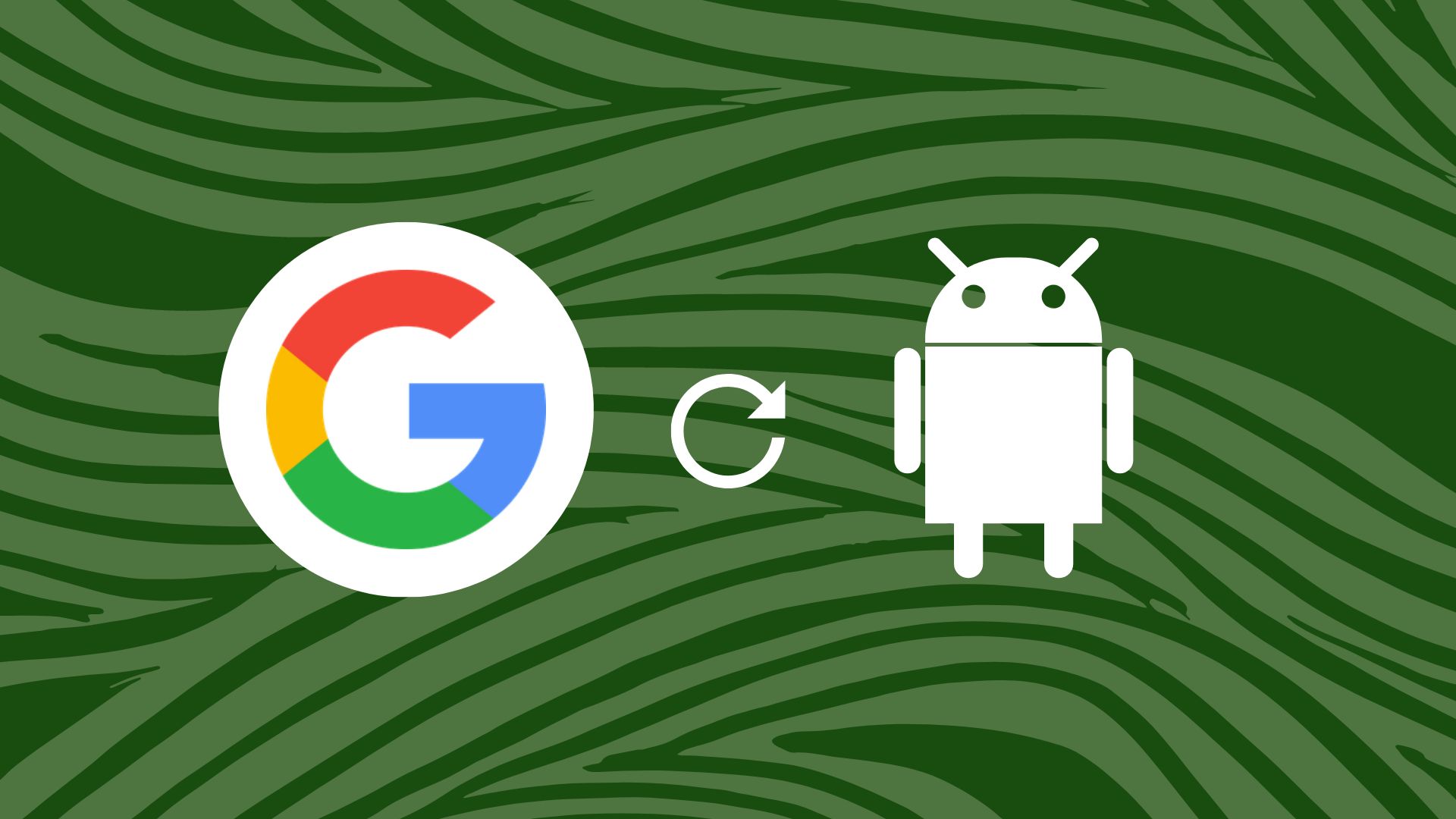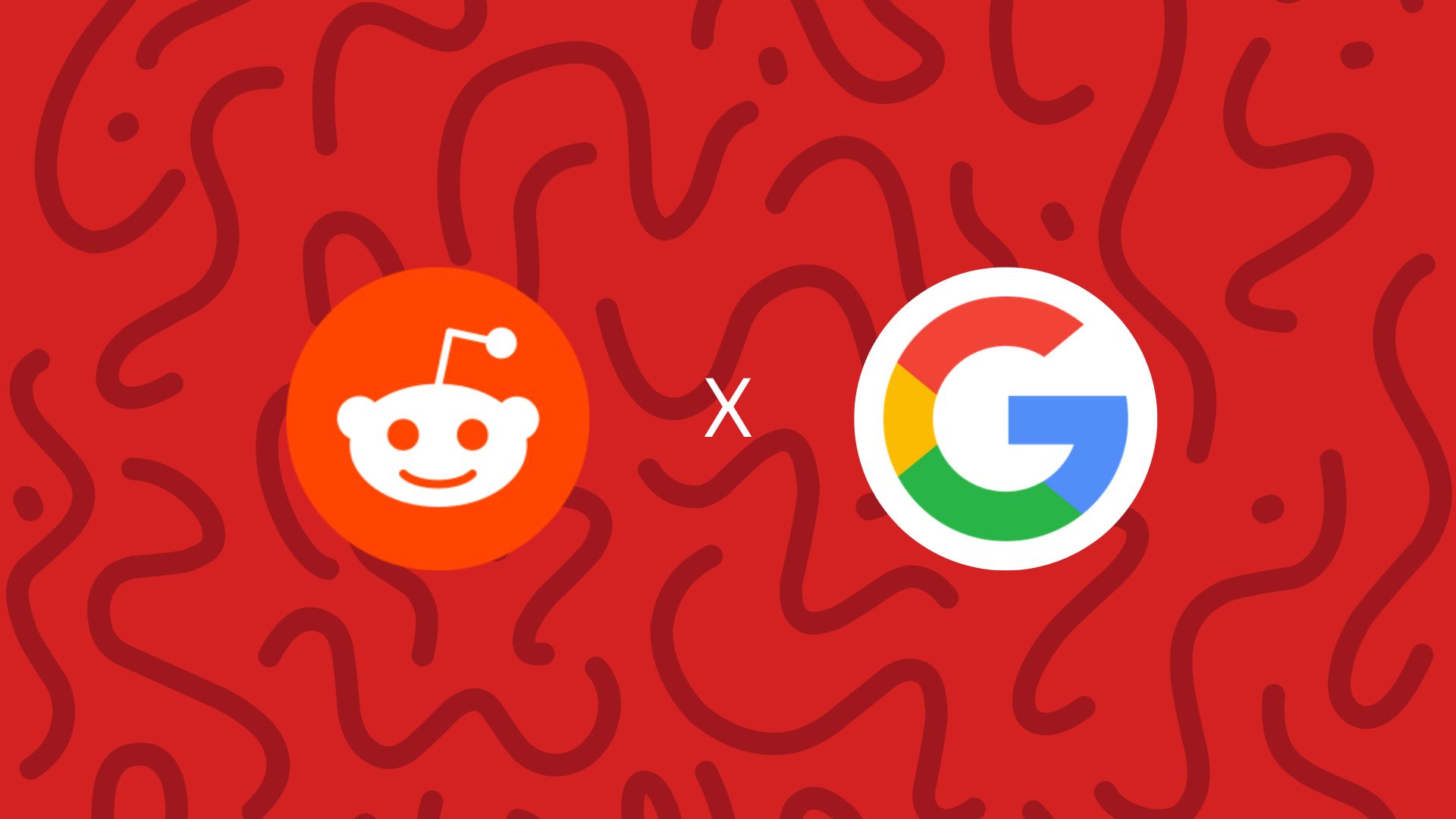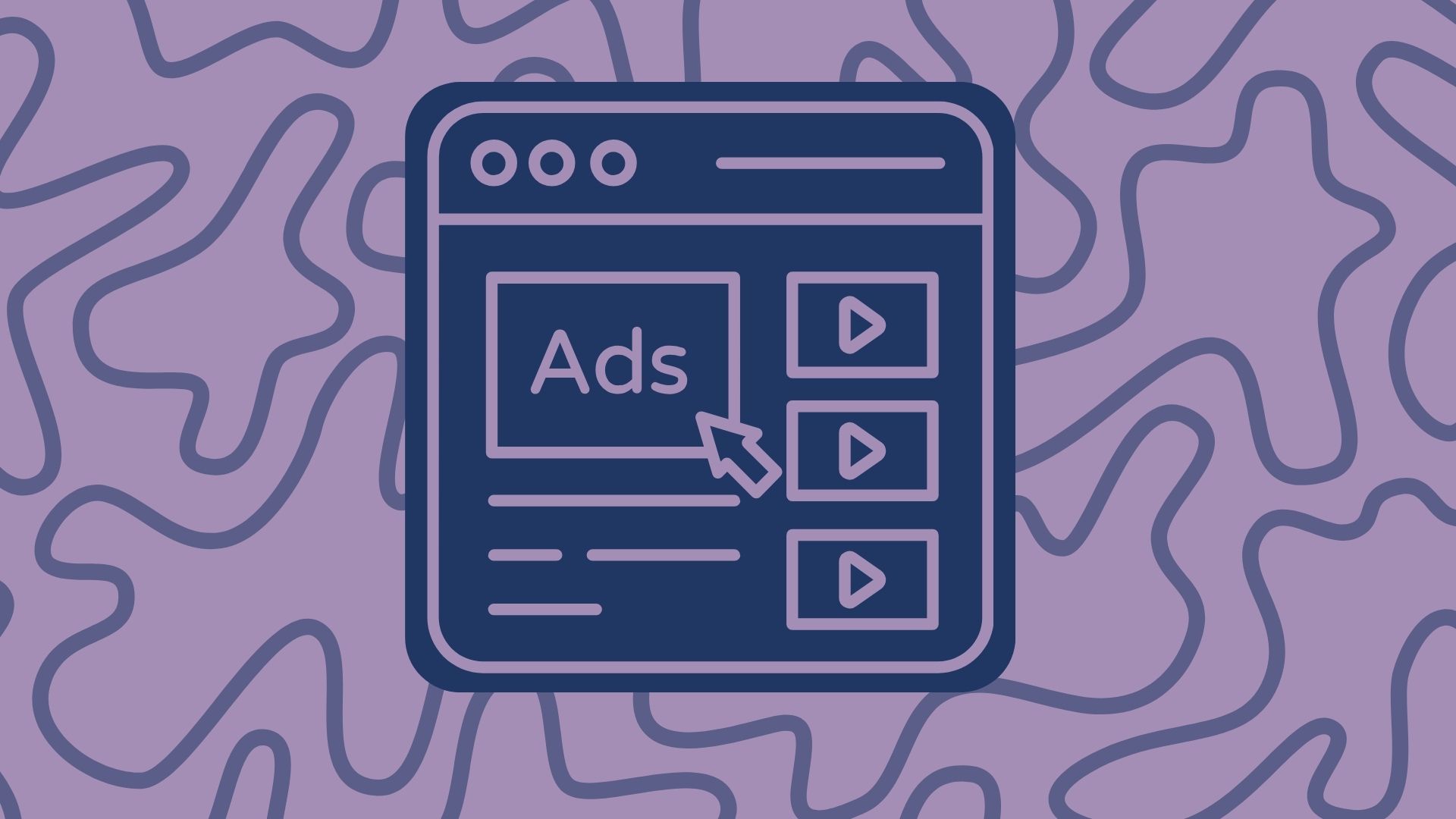
The March 2024 core algorithm update is now targeting AI-generated content with penalties.
March 15, 2024 Posted by Liam Walsh Round-Up 0 thoughts on “The March 2024 core algorithm update is now targeting AI-generated content with penalties.”The Google March 2024 core algorithmic update has arrived and it’s bad news for brands who have been taking advantage of AI-generated tools such as ChatGPT. Google’s update will penalise sites that have been made using AI-generated content, due to this content’s inability to meet the standards of quality that Google has outlined in its documentation.
What’s the problem with AI-generated content?
There is nothing wrong with creating AI content, however, it must be acceptable for Google and meet their quality standards. There are numerous ranking systems such as the Helpful Content and Reviews system that have such a strident quality system that AI content will always be unable to satisfy this. For example, there are several qualities that Google documentation, which rules out AI-derived content such as Experience, author page, author background information, author About page, Google Perspectives, Google News and published reviews.
Can AI content still be used?
Unfortunately, due to the impact of online regulations, AI is facing a daunting challenge. However, there are still ways to implement AI that can benefit your business without getting on the wrong side of Google.
For example, creating review content using AI is a possibility. You could consider using these tools to improve the rough draft of content that the human has produced. If you want a review product you can use human analysis to work out benchmarks and positives and negatives, before uploading it to an AI tool to use your language, thoughts and analysis to create the review.
We should look at AI as a method of enhancing our reporting, data dives and rough ideas. Ai can’t identify all the quirks and nuggets of information, but humans can. Therefore, AI can complement the human element of creating content.













